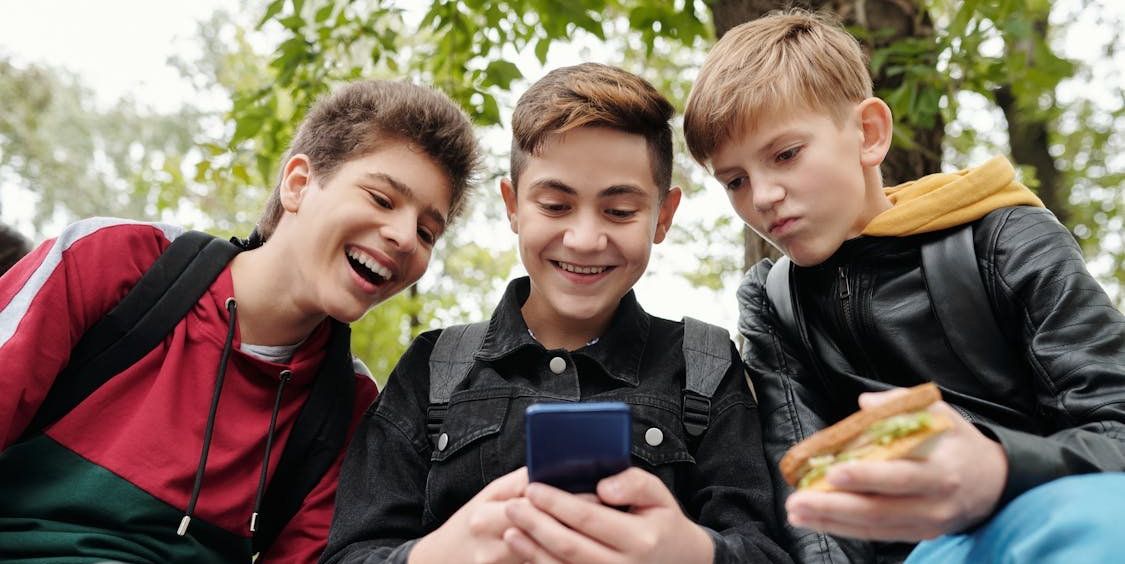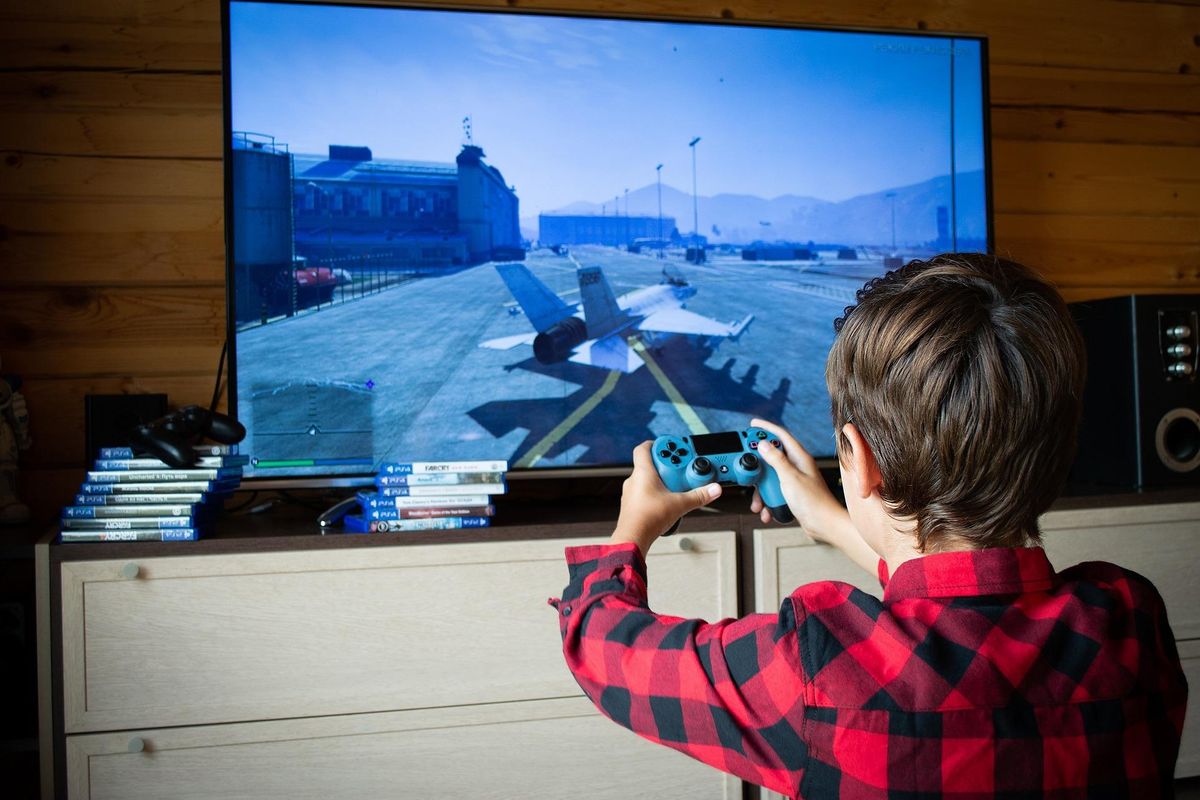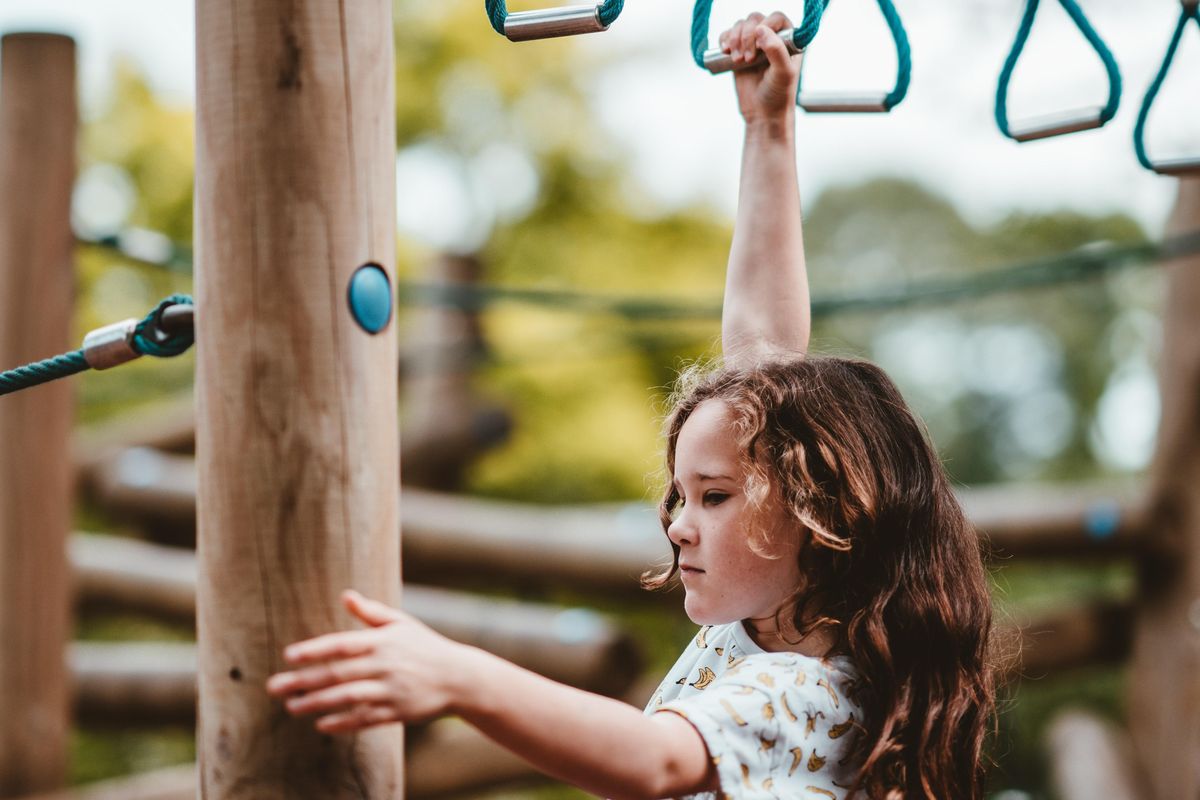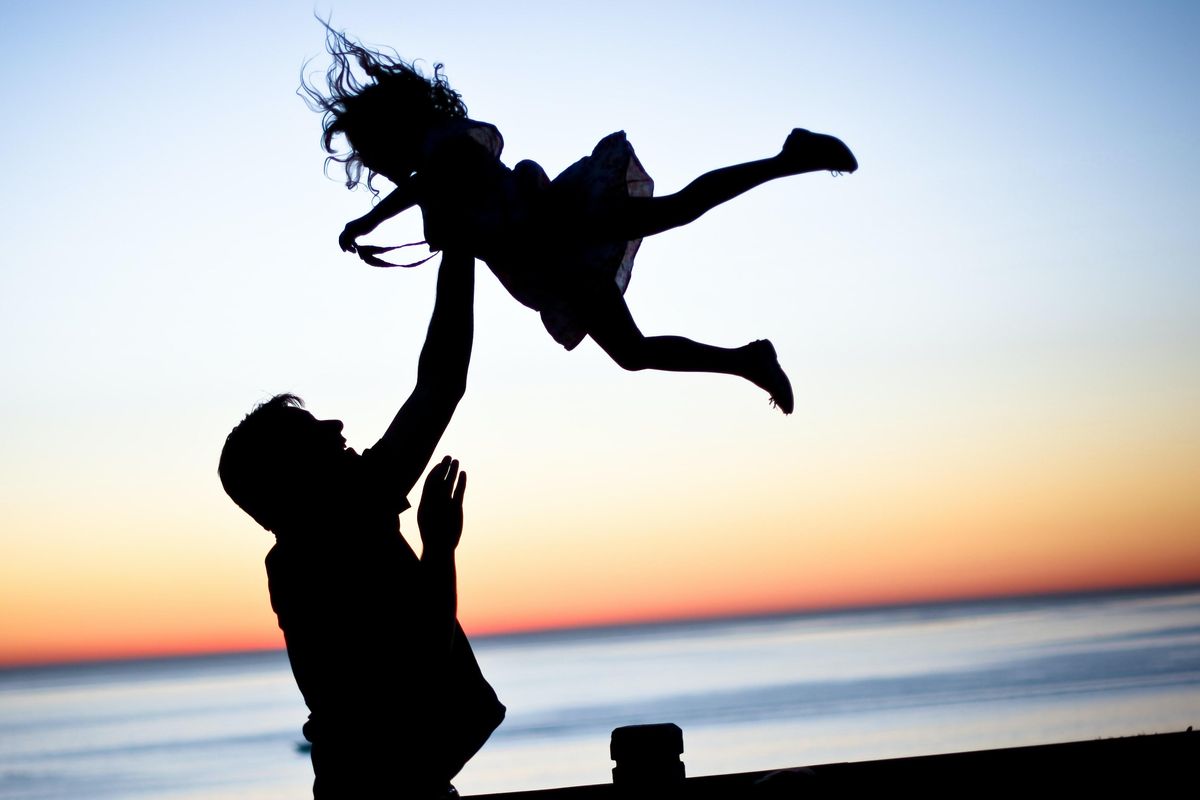Norway banned smart phones in schools and it has been very good for young girls
Should they be banned in schools everywhere?
A group of students staring at their phones.
The Norwegian government is spearheading a significant initiative to prohibit students from having smartphones in schools. This move comes in the wake of compelling studies demonstrating the positive impact of removing these devices from students’ hands and allowing them to focus more on their learning.
The effects have been particularly beneficial for girls.
Over the past few years, smartphone bans have cropped up in several school districts throughout Norway, allowing researchers to study how the bans affected students. Sara Abrahamsson, a postdoctoral fellow at the Norwegian Institute of Public Health, analyzed students at 400 middle schools and found that the bans had psychological and academic benefits.
The Norwegian Institute of Public Health published the results.
1 Girls made fewer appointments for psychological help
The study found that there was a significant decrease in the number of visits that girls made to see a psychological specialist for mental health issues. “Relative to pretreatment this is a significant decline by almost 60% in the number of visits,” Abrahamsson wrote in the study.
2. Steep drop in bullying
The study shows that girls experienced a 46% reduction in bullying after smartphone bans were enacted and boys had a 43% reduction.

Boys looking at memes on a smartphone.
3. Improved grades for girls
The study revealed that introducing a smartphone ban at the beginning of middle school improved girls' GPAs and increased their chances of enrolling in an academic-oriented high school track versus a vocational study. On the other hand, the ban appeared to have no notable effect on boys’ GPA, teacher-assigned grades, or likelihood of pursuing an academic high school track.
4. The ban had a more significant effect on economically disadvantaged girls
The study found that the ban resulted in greater benefits for economically disadvantaged girls regarding academic performance, appointments for psychological symptoms and the probability of attending an academically focused high school.
The positive impact that the bans have on girls is significant, given the fact that studies show they’ve been the most deeply affected by the rise in mental health issues amongst young people that have coincided with smartphone adaptation.
One of the most disturbing trends is the dramatic rise in suicide rates among girls in developed nations.

Students taking a selfie in school.
Jonathan Haidt, author of “The Anxious Generation: How the Great Rewiring of Childhood Is Causing an Epidemic of Mental Illness” and advocate for banning smartphones in schools, explained why smartphone use is more damaging for girls than boys.
“There is a special relationship between social media and girls,” Haidt told “The Reason Interview with Nick Gillespie” podcast. “When boys get together … they're likely to organize themselves into groups to compete [on multiplayer video games].”
“Girls are much more interested in talking about relationships. Who is on the outs with whom? Who's dating who? They have a more developmental map of the social space,” Haidt continued.
When there is conflict within peer groups, social media poses a much greater threat to girls.
“Boys' aggression is ultimately backed up by the threat of physical domination and punching or pain, " Haidt continued. “Girls' aggression is equal in magnitude, but it's aimed at relationships and reputation. It's called relational aggression. Video games, if anything, prevent boys from getting in fights. … The platform settles everything. But girls' relational aggression is amplified. The worst year of bullying is seventh grade. I'm really focused on middle school.”





